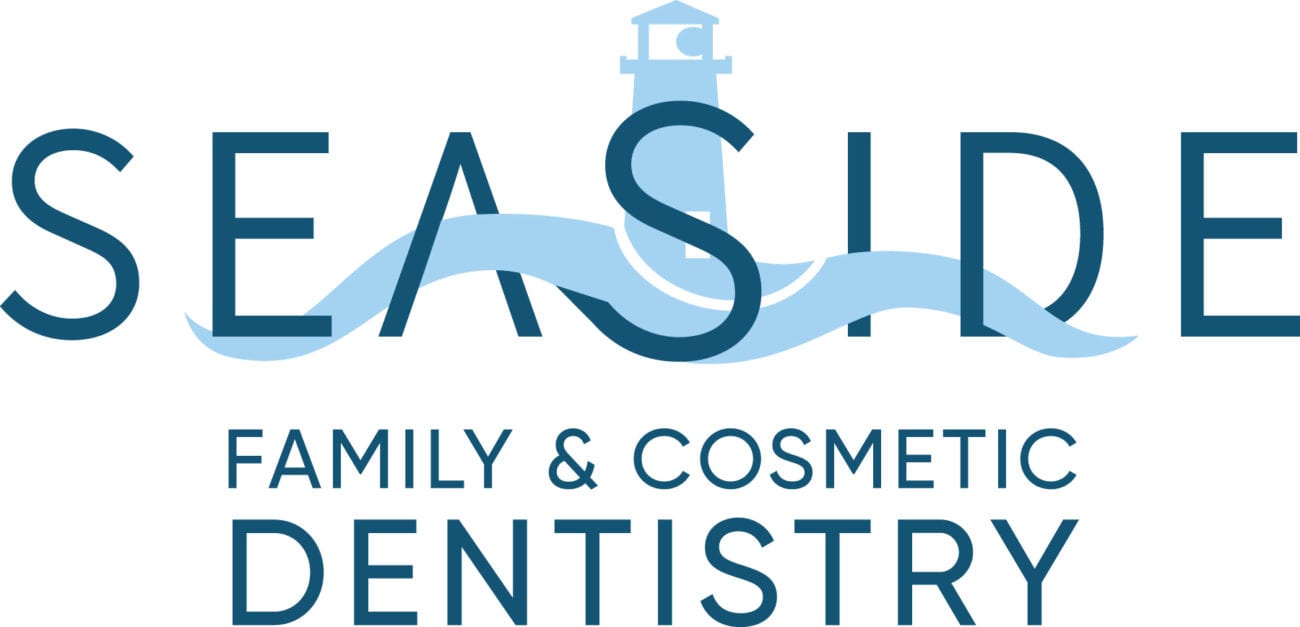There is a reason many dentists will tell you never to ignore severe tooth pain. If the source of your pain is a tooth abscess, you need dental treatment as soon as possible. Dr. Lauren Francis and Dr. Rawley Fuller offer treatment for an abscessed tooth in Hampstead, NC.
What is an Abscess Tooth?
A tooth abscess, also called an abscessed tooth, is a pocket of pus that you can visually see developing on or below your gums. Tooth abscesses cause bacterial infection. The pocket of pus is your body’s natural response to contain and fight off the infection. A tooth abscess is very painful and will lead to severe pain, swelling, and complications if it not treated in a timely manner.


Types of Abscess Tooth
- Periapical Abscess: An abscess located at the tip of your tooth’s root is a periapical abscess. Periapical abscess causes tooth decay, tooth infection, or bacteria that enter a cracked tooth and spread from the pulp to the surrounding tissues.
- Periodontal Abscess: An abscess that develops on or under your gums is a periodontal abscess. Gum disease is the most likely cause. Pockets will form between the gums and teeth, allowing bacteria to accumulate and cause an infection, and spread to the supporting tissues around your teeth.
- Gingival Abscess: Dentists refer to an abscess that causes an infection in your gums but does not attack the tooth or periodontal ligament gingival abscess.
What Causes an Abscess Tooth?
When bacteria enter the tooth, it can lead to a tooth infection which can cause an abscessed tooth. There are many ways bacteria can enter a tooth. Sometimes it is simply from trauma to the tooth, or the tooth gets chipped or cracked. However, in most cases, an abscess is the result of gum disease or tooth decay. Poor oral health is the number one cause of those two dental issues.
Treatment for an Abscess Tooth Hampstead, NC
The most important thing to understand is that an abscess tooth is a dental emergency. Not only is it painful, but it can lead to serious complications because the infection can spread throughout the body and lead to sepsis.
The purpose of treating a tooth abscess is to eliminate the infection, relieve pain, and preserve the tooth if possible. The treatments you will get depend on the severity of your case. We provide endodontics to treat abscesses. Common treatments for a tooth abscess include:
- Root Canal Treatment: Dr. Francis and Dr. Fuller will first attempt a root canal to preserve the tooth. This involves removing the infected pulp from the interior of the tooth, cleaning up the root canal, and sealing the tooth to prevent further infection.
- Tooth Extraction: If your dentist cannot save your tooth, they may need to perform a tooth extraction. After removing the tooth, they will clean out the area and discuss options for replacing it, such as a dental implant or bridge.
- Incision and Drainage: Your dentist may need to drain the abscess. If a puss pocket has formed, they will make an incision to allow the puss to drain out.
- Antibiotics: In some cases, your dentist will prescribe antibiotics to help control the infection and prevent the spread of the infection. It is important to note that antibiotics cannot cure a tooth abscess alone.
- At-home care: You can take at-home care steps to help relieve the pain, swelling, and discomfort. We may recommend warm salt water rinses, over-the-counter pain relievers, and ice packs during your treatment.
If you suspect you have an abscessed tooth in Hampstead, NC, contact Seaside Family & Cosmetic Dentistry as soon as possible. Early treatment will help prevent the infection from spreading and minimize the complications.
